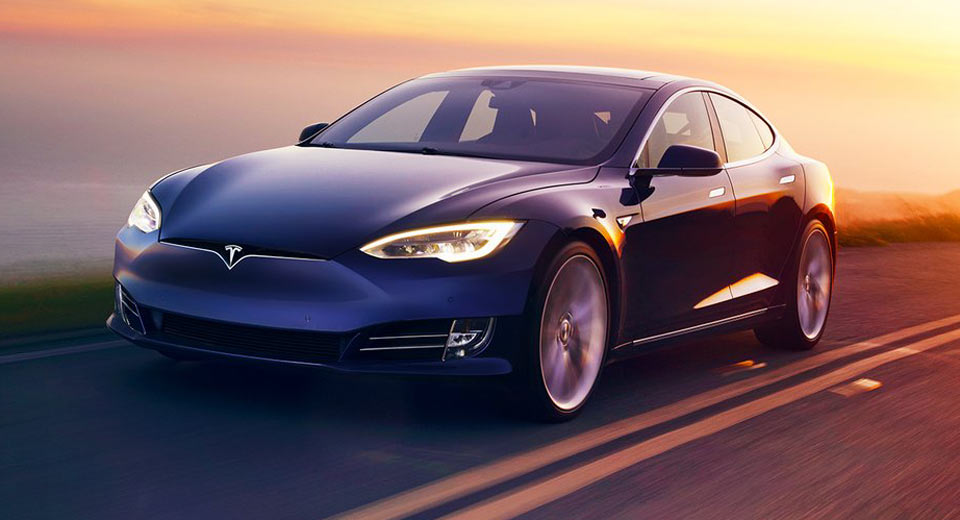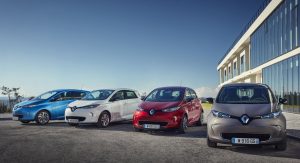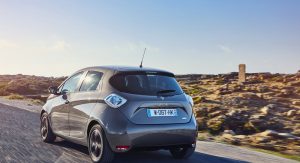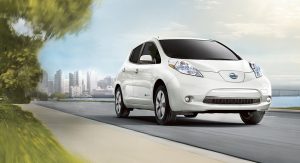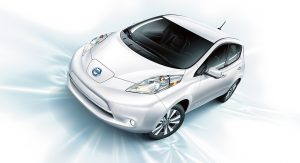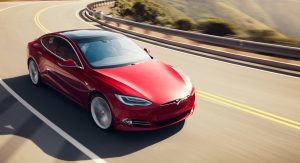Critics of electric vehicles consistently point out that battery-powered cars are significantly more expensive than their petrol and diesel counterparts and at the moment, that’s true. However, things may change dramatically in the coming decade.
Earlier this week, Daimler broke ground on a $558 million facility in Europe to produce lithium-ion batteries for its future range of electrified vehicles. A number of other so-called battery ‘gigafactories’ are expected to be built across Europe in the coming years and there are no less than nine huge battery factories currently under construction in China.
It is this rapid development of battery plants that has led analysts from Bloomberg to say that global battery production will more than double between now and 2021 and that by 2030, electric vehicles may become cheaper than those that use internal combustion engines, MIT Technology Review notes.
Between 2021 and now, costs on a per-kilowatt-hour basis for batteries have fallen from $542 to about $139 and will likely decline rapidly on the back of increased battery production over the next 10-15 years.
Just a few years ago, many were unaware of whether the auto industry would go down the electric route or the hydrogen route and a number of leader companies are continuing to develop hydrogen models. However, it is becoming increasingly clear that the current consensus puts EVs in the prime position to power the world’s vehicles in the decades to come.



